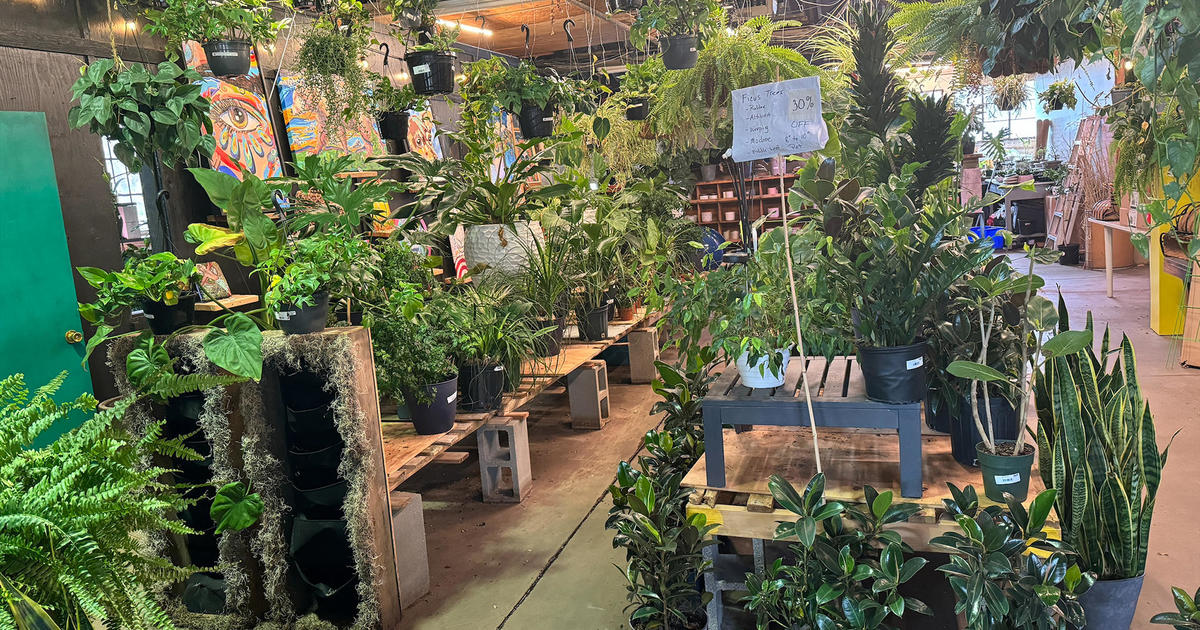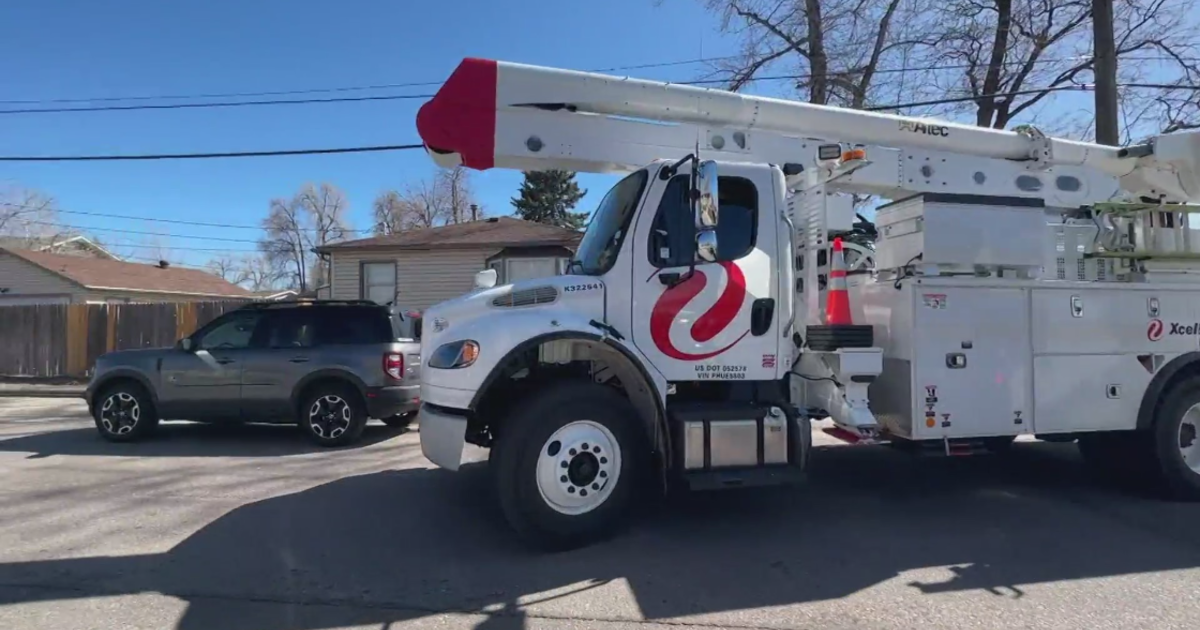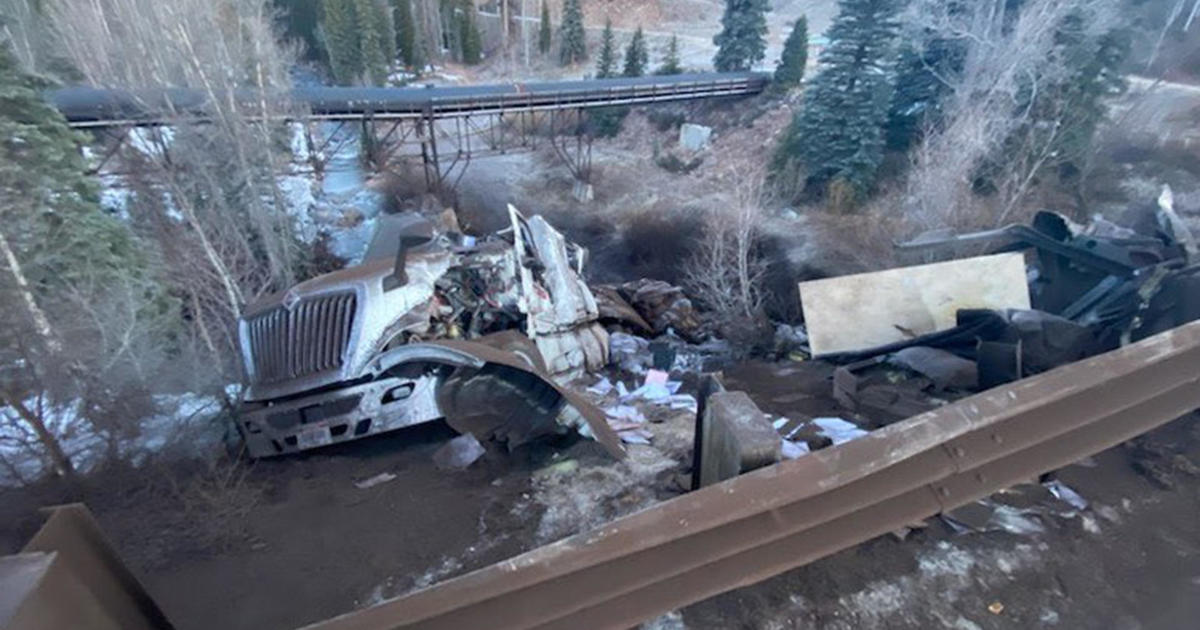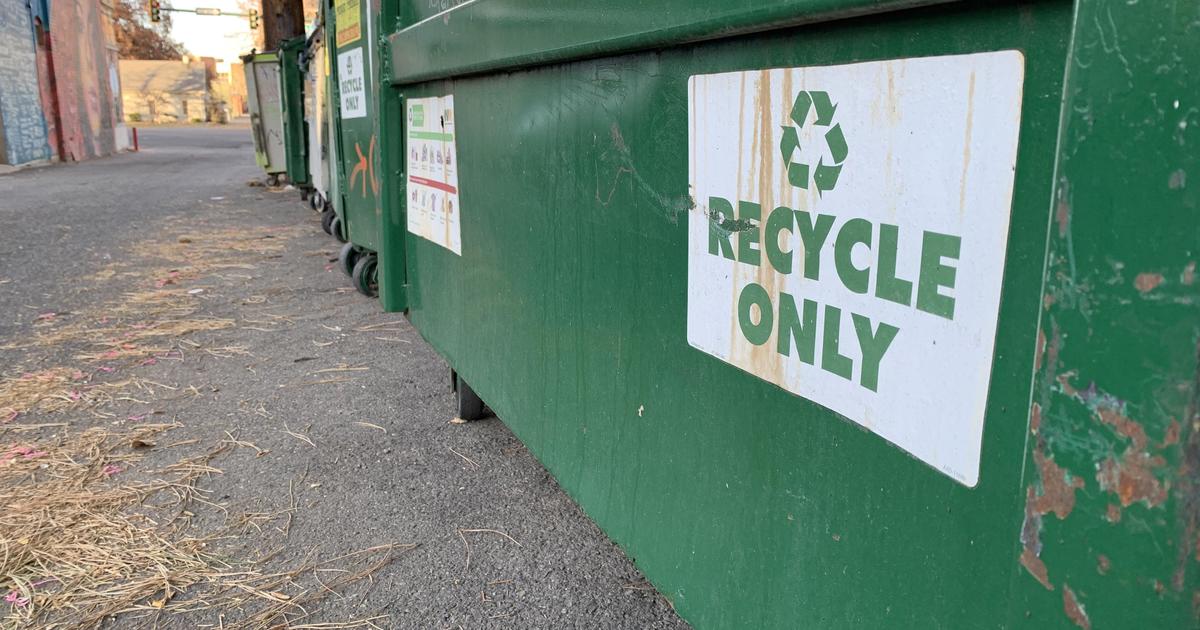Reasearchers Look At Possible Hurricane-Slowing Options

BOULDER, Colo. (CBS4) - As the damage estimates from Hurricane Sandy start to ring up in billions, the experts will again wonder, could it have been stopped -- or maybe just taken down a notch or two.
Let's start with stopping a hurricane. There's no hope there. Hurricanes cover tens of thousands of square miles. Their energy is enormous, many times the most powerful nuclear weapons. Don't even think about stopping a steamroller by sticking a foot out in its path, you'll lose a foot.
But there is some thought to taking away some of energy hurricanes use to build. As winds increase a tropical system multiplies its power.
"If you go from 50 miles an hour to 100 miles an hour you get a fourfold increase in catastrophic energy," said Dr. John Latham, senior visiting scientist at the National Center for Atmospheric Research.
So he has looked at ideas to knock the wind out of a hurricane. One idea he generated decades ago.
It starts with the idea of cooler water. Atlantic hurricanes generally form out of storms that roll off the coast of Africa. Their spin is enhanced as the storms move west over warm water. It's the warmth of the water that provides the energy.
That's why storms nearly always form in hurricane season between June 1 and November 30, then start circulating as they head west. They begin to draw their power.
"And so the more we can maintain cooler waters in those critical regions then the better the chance of avoiding the chance of major damage."
But how?
"Seed the clouds with very tiny particles in huge numbers of sea water. So our raw material is sea water," explains Latham.
"If we sail below these clouds and release these small particles into them… the clouds will bounce back more sunlight and produce a cooling effect."
Latham believes ships, possibly controlled remotely and powered by the wind could do the work, sending misted sea water into the clouds. There the clouds would reflect more sunlight back into space. Reflect more light back and there's a little less heating the ocean surface, meaning cooler water and less energy for hurricane development.
Just a few degrees cooler and the calculations show the potential for a one or two category reduction in a hurricane's strength. Katrina was a category 3 hurricane as it hit New Orleans in 2005. Had it been a category 1, would the levee system have held?
"The costs of the damage let alone the human life are really so much greater than the cost of the field experiment to test the idea out."
That's the next step – if there is one.
As bad as hurricanes are, they can also dump beneficial soaking rains on the interior of the United States, leading to positive crop growth. Have a drought? Get a tropical storm system and your problems are nearly solved. There's the god question. If we can control the weather to some extent, who wins and who loses? Dr. Latham said we are already messing with the climate by loading additional carbon dioxide into the atmosphere.
"What we're trying to do is to bring the temperatures and other features of the climate back closer to how they were 100 years ago, or maintain them as how they are now."
It's not the only idea. Latham has also looked at another concept which has been associated with the deep pockets of Bill Gates. That idea would mean putting into place huge cylinders which would be set just above surface level. As the current washes over the top, it would push water downward, then out at a depth of perhaps, 100 feet. That would mean driving down warm surface water and causing an upwelling of cooler water beneath to replace it.
"If either of those two ideas work," said Latham, "It should certainly cool the waters and the hurricanes then can't become as energetic as before."
The cost of field testing Latham's idea to seed clouds with sea water might be in the tens of millions of dollars. Peanuts compared to the billions that Sandy will cost. But it's not only about the money, it's about messing with something so big. So far, maybe too big to consider.



